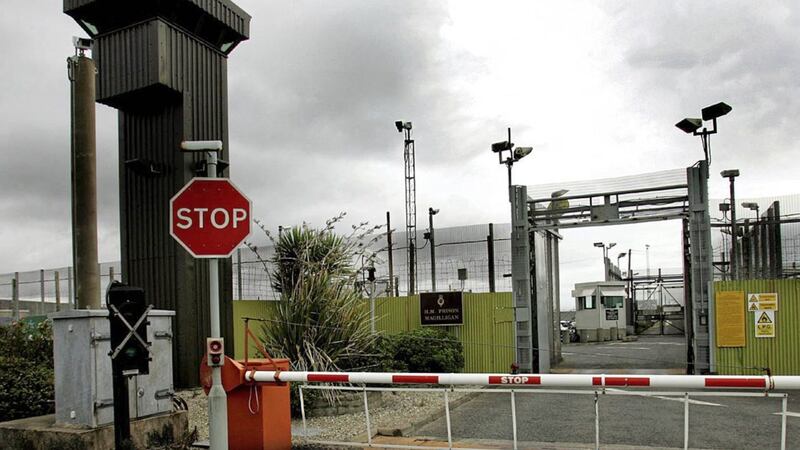A FORMER aide to President Obama has warned that the British government's proposed statute of limitations on Troubles' prosecutions could undermine US-UK relations.
Michael Posner, who served as US assistant secretary of state in president Barack Obama’s administration between 2009 and 2013, described the proposed amnesty as “ill-conceived, premature and unwise”.
His remarks come as Sinn Féin deputy leader Michelle O'Neill called for the UN Human Rights Council to be involved in legacy discussions.
Earlier this week, the UN body voiced "grave concerns" over the British government's proposals, which have met with strong opposition from all parties and victims' advocacy groups.
The human rights experts said the planned statute of limitations up to 1998 “thwarts victims' rights to truth” and would lead to the UK violating its international obligations.
Ms O'Neill said she had written to the British and Irish governments, calling for them to invite the UN team to take part in what she termed the "ongoing" talks on legacy.
“The intervention by UN experts and their opposition and rejection of the British government’s amnesty proposals is a wake-up call that the international community is now also alert and aware of the cynical intent at the core of these proposals," she said, adding that Sinn Féin wanted to see the Stormont House Agreement fully implemented in a "human rights compliant manner".
A British government spokesperson said the UN body's ongoing interest was "welcome" and that engagement with Stormont's parties, the Irish government and "other key stakeholders, including victims groups" would continue.
The spokesperson said the aim was to "find a way forward on legacy issues that focuses on reconciliation, delivers better outcomes for victims, and ends the cycle of investigations that is not working for anyone".
However, Mr Posner's transatlantic intervention suggests the British government will face growing international pressure, particularly from the Biden administration, to abandon its controversial plan.
He said the planned ban on conflict-related prosecutions of soldiers, police and paramilitaries is an “effort to push the issue of past human rights abuses under the rug”.
“It goes beyond an amnesty for criminal conduct but says no more coroners’ inquests or civil actions. It is really an effort to push this issue aside and not deal with accountability or getting at the truth. I think it is a mistake,” he told The Irish Times.
Mr Posner, a human rights lawyer and professor of ethics and finance at New York University, described the proposed statute of limitations as an “effort to derail all of the existing accountability measures and to propose some form of lesser truth gathering”.
If Britain pushed the measures through there would be negative “reaction from Washington and elsewhere”, he said.
“In terms of political and diplomatic and also economic relations, if they take action that undermines the Good Friday agreement and set things backwards in Northern Ireland, that will be noticed in Washington,” he said.
“It will undermine or make more complicated, or difficult, bilateral relations between the US and the UK. It is not advisable to do that and there is no reason to do it.”







